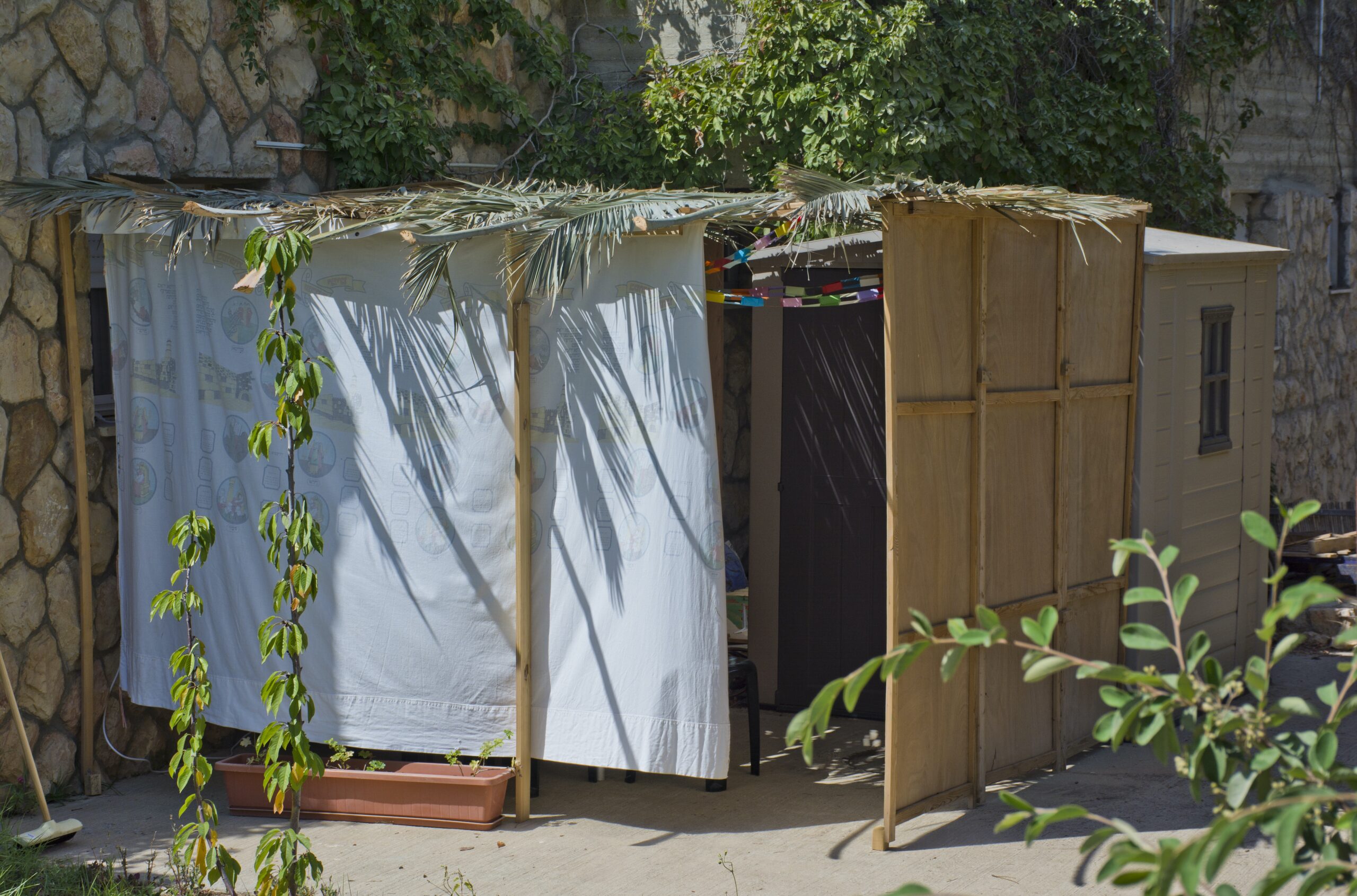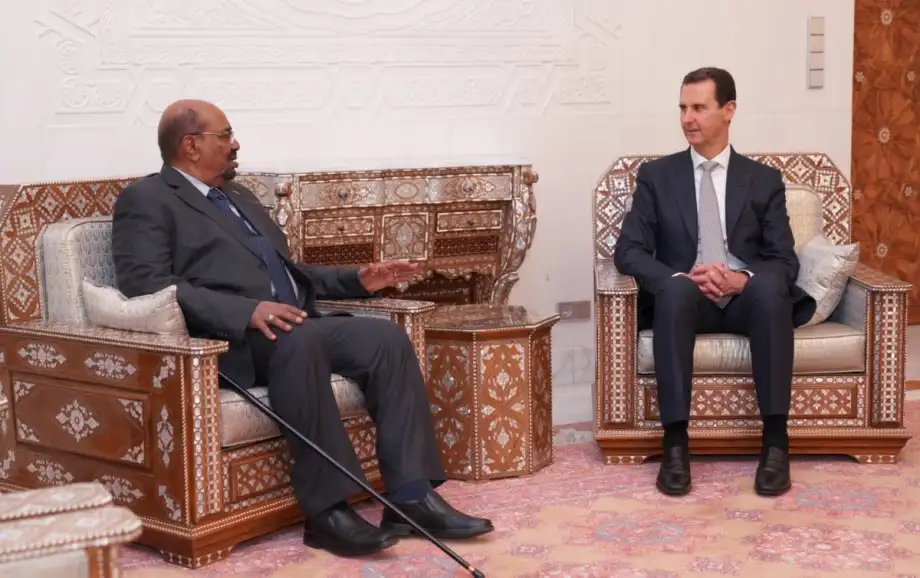Silence regarding the persecution of Christian Palestinians
Christians are being driven out of the Middle East as they are persecuted by Muslim regimes and terror groups. To avoid persecution, the few Christians remaining in Gaza and the West Bank have embraced the idea that God has rejected the Jewish people, just like the Deutsche Christen in Nazi Germany in the 1930s, who removed all references to Jews in their Bible translations.

In Jesus’ birthplace Bethlehem, the percentage of Christians has decreased from 86 percent to five percent in 75 years. The reason is the same as in the rest of the Middle East; Muslim intolerance and persecution. Photo: Commons wikimedia.
Christians are the world’s most persecuted group. Every year, Open Doors publishes the World Watch List report, which lists the 50 countries in the world where persecution of Christians is at its worst. Close to forty of these fifty countries where Christians are persecuted have a Muslim majority and/or have Muslim terror groups who carry out massacres of Christians.
The situation is worst in the Middle East and North Africa. Countries such as Somalia, Libya, Eritrea, Yemen, Nigeria, Pakistan, Sudan, Iran, Afghanistan, Syria, Saudi Arabia, Mali and Algeria are all among the 15 worst countries in the world for religious persecution.
Twenty years ago, the Christian population in Iraq numbered upwards of 2 million, while local leaders estimated that by 2022 there would be 150,000 Christians left. Others say just under 300,000.
The number of Christians in Syria has decreased from 1.5 million to 300,000 in just over ten years. And in Nigeria, more Christians are killed by Muslim extremists every year than in the rest of the world combined.
What about Gaza and the West Bank? In 1950, 86 percent of the inhabitants of Bethlehem and the surrounding area were Christians. Today, that percentage has dropped to five percent. The reason is the same as in the rest of the Middle East; Muslim intolerance and persecution.
Christians in danger
Since Hamas took over Gaza in 2007 being a Christian has implied mortal danger. Rami Khader Ayyad was a Palestinian Christian bookstorekeeper who was kidnapped and killed by “unknown” perpetrators in Gaza City already on October 7, 2007. He was the manager of the only Christian bookstore in the Gaza Strip and was the manager of the Protestant Bible Society. The bookstore had been the target of several attacks in the past, including bombings and arson.
The Christians who still decide to remain in the West Bank and Gaza are forced to certify their loyalty to brutal regimes in order to avoid persecution. That is why replacement theology—the idea that God has rejected the Jewish people—has taken a strong hold in the remnants of Christendom that still remain.
This also happened in Nazi Germany in the 1930s, when the state-controlled churches removed all references to Jews in German Bible translations. Their theology described Jesus as an Aryan, denied the authority of the Jew, Paul, recognized the euthanasia program of Nazism, and in 1933 deprived those other than “Aryans” of the right to work in the church.
Anti-Semitic statement
Accordingly, on October 7, 2024, one year after Hamas’ massacre in southern Israel, the ‘Kairos Palestine’ group – who wrote the document Kairos characterized by replacement theology – spoke sorely critically of Israel, leaving out any sympathy for Israelis who suffered the worst massacre since World War II.
In their deeply anti-Semitic statement, they accused Israel of ethnic cleansing and illegal occupation, and described the Jewish state as an openly racist apartheid regime that has accelerated the genocide of the Palestinian people, financed in large part by the US administration and enabled by Western powers. Haters of Christianity like Hezbollah, Hamas, Houthi and Iran were not mentioned at all.
“Kairos Palestine has long warned that Palestinian Christians have almost been exterminated in their homeland – in Gaza and throughout Palestine. We have sounded the alarm, we have written statements, we have traveled the world to share our testimony. What else do we have to do to get your attention and action?!!”


